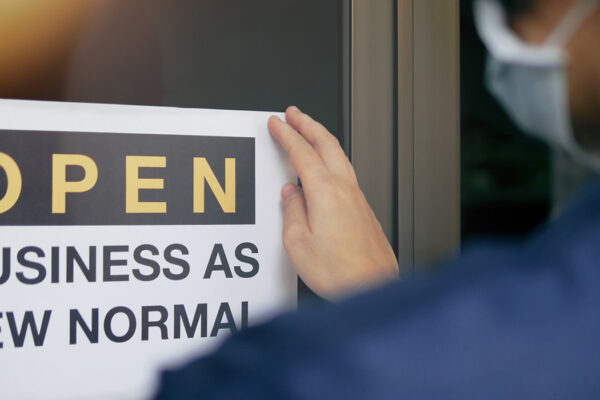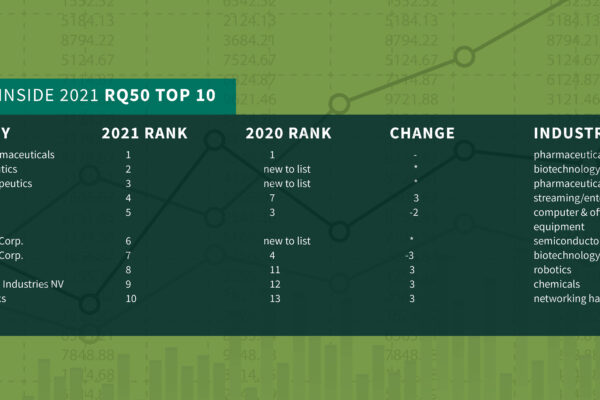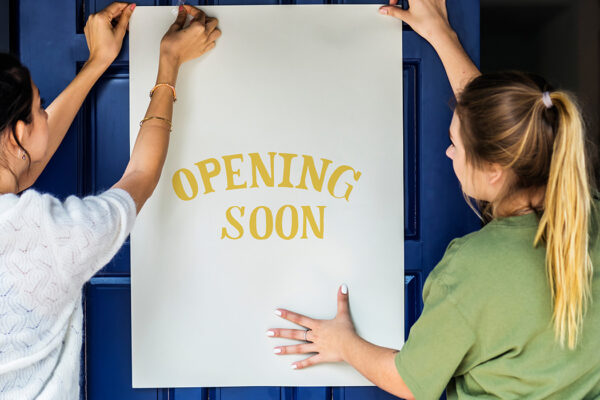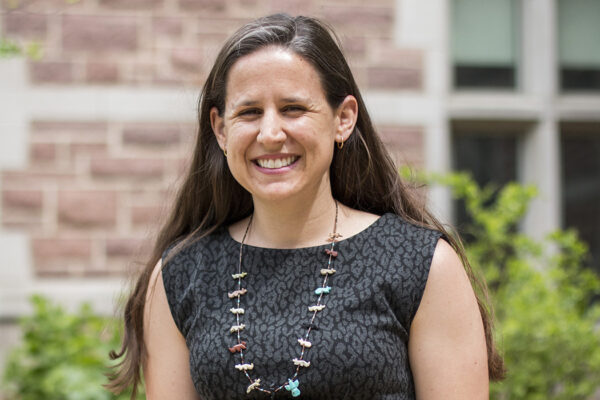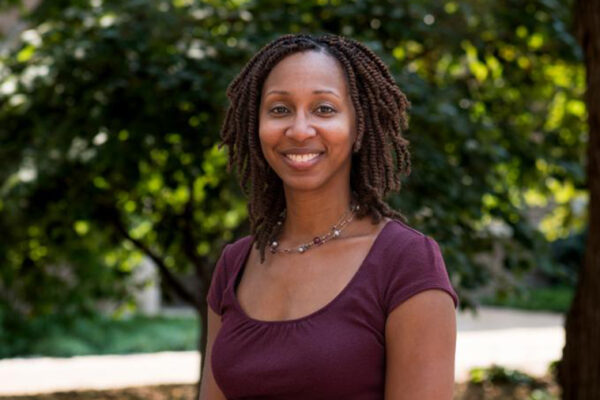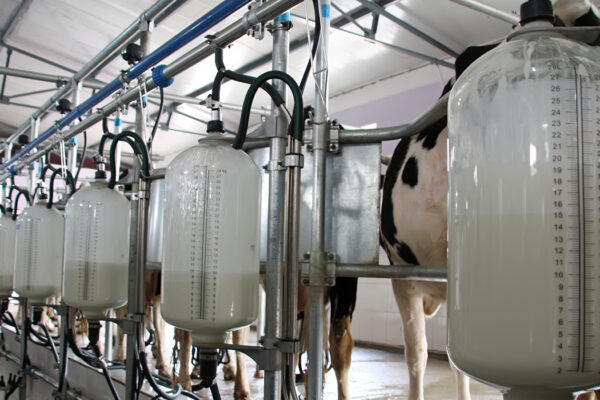Let nature of work dictate return-to-work plans
Hybrid work may be the future for many organizations post-pandemic, but there will be significant challenges to overcome — perhaps even more so than traditional in-person offices and fully remote work environments, say Olin Business School researchers.
Pfizer, Moderna absent; Cara Therapeutics, Square in as 2020-21 R&D winners
Pharmaceutical and biotechnology companies topped the 2021 RQ Top 50 list of the most innovative U.S. companies. The annual ranking identifies the smartest R&D spenders – those companies that both spend big (at least $100 million in R&D) and provide the greatest returns to shareholders from that investment.
Despite challenges, starting a small business during pandemic has advantages
The pandemic spurred an entrepreneurship boom, but do these small businesses have what it takes to survive? Olin Business School’s Glenn MacDonald explains factors to consider in starting and succeeding with a new business.
Sinclair named fellow of Society for Political Methodology
Betsy Sinclair, professor of political science in Arts & Sciences, has been named a fellow of the Society for Political Methodology. The recognition acknowledges Sinclair’s outstanding scholarly contributions to the development of political methodology.
Wingfield receives career award
Adia Harvey Wingfield, associate dean for faculty development and the Mary Tileston Hemenway Professor of Arts & Sciences, is the 2021 recipient of the American Sociological Association’s Race, Gender and Class section’s Distinguished Career Award.
Mothers may face increased workplace discrimination post-pandemic, research warns
Inflexible schedules and biased hiring practices, combined with gendered cultural norms around breadwinning and caregiving, lead to discrimination against mothers and perpetuate existing gender inequalities in the workplace, finds two new studies from Arts & Sciences.
Don’t cry over spoiled milk, incentivize supply chain for longer shelf life
Research provides blueprint for development of sustainable milk production supply chain, where milk waste is reduced in a way that is cost-effective, socially acceptable and environmentally sound.
Crisis or momentary blip? Explaining inflation concern
Although most likely temporary, inflation expectations could become self-fulfilling prophesy, according to John Horn, professor of practice in economics at Olin Business School.
Thakor receives lifetime achievement award
The Financial Intermediation Research Society has awarded a Lifetime Achievement Award to Anjan Thakor, the John E. Simon Professor of Finance at Olin Business School.
Olin’s new ‘On Principle’ podcast focuses on leaders’ decision-making process
On Principle, Olin Business School’s new podcast, tells the stories of pivotal business decisions. What led to them? What were the choices? And what lessons can executives, entrepreneurs and other leaders draw from them?
View More Stories
